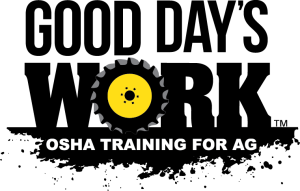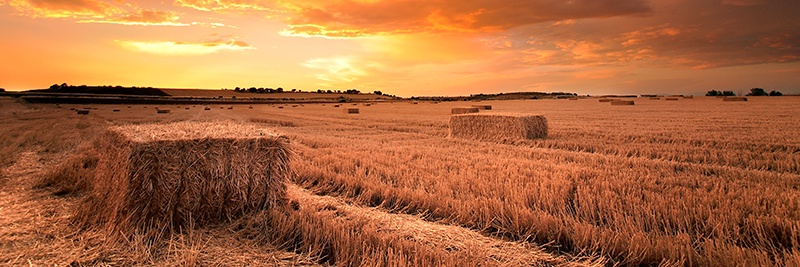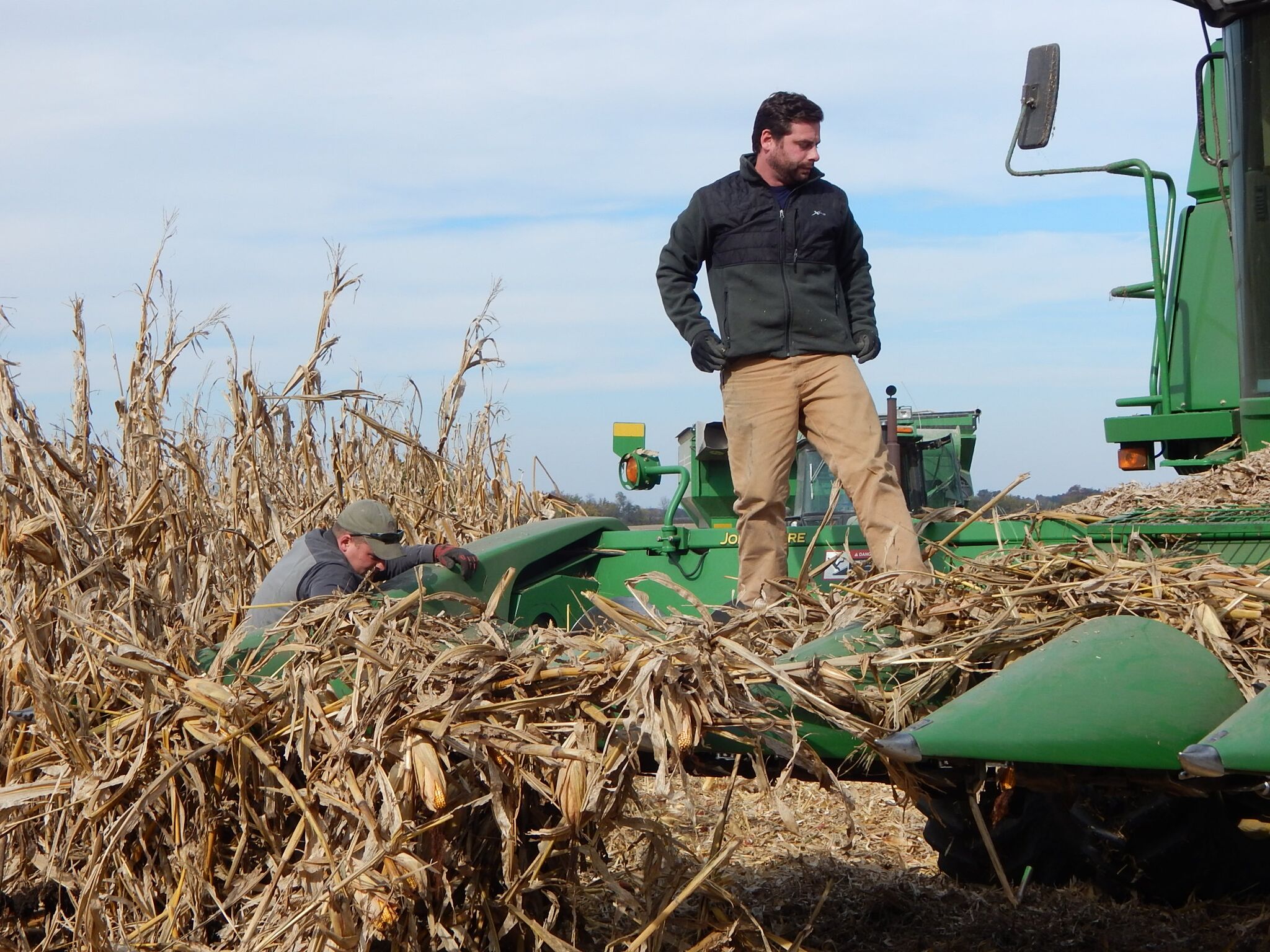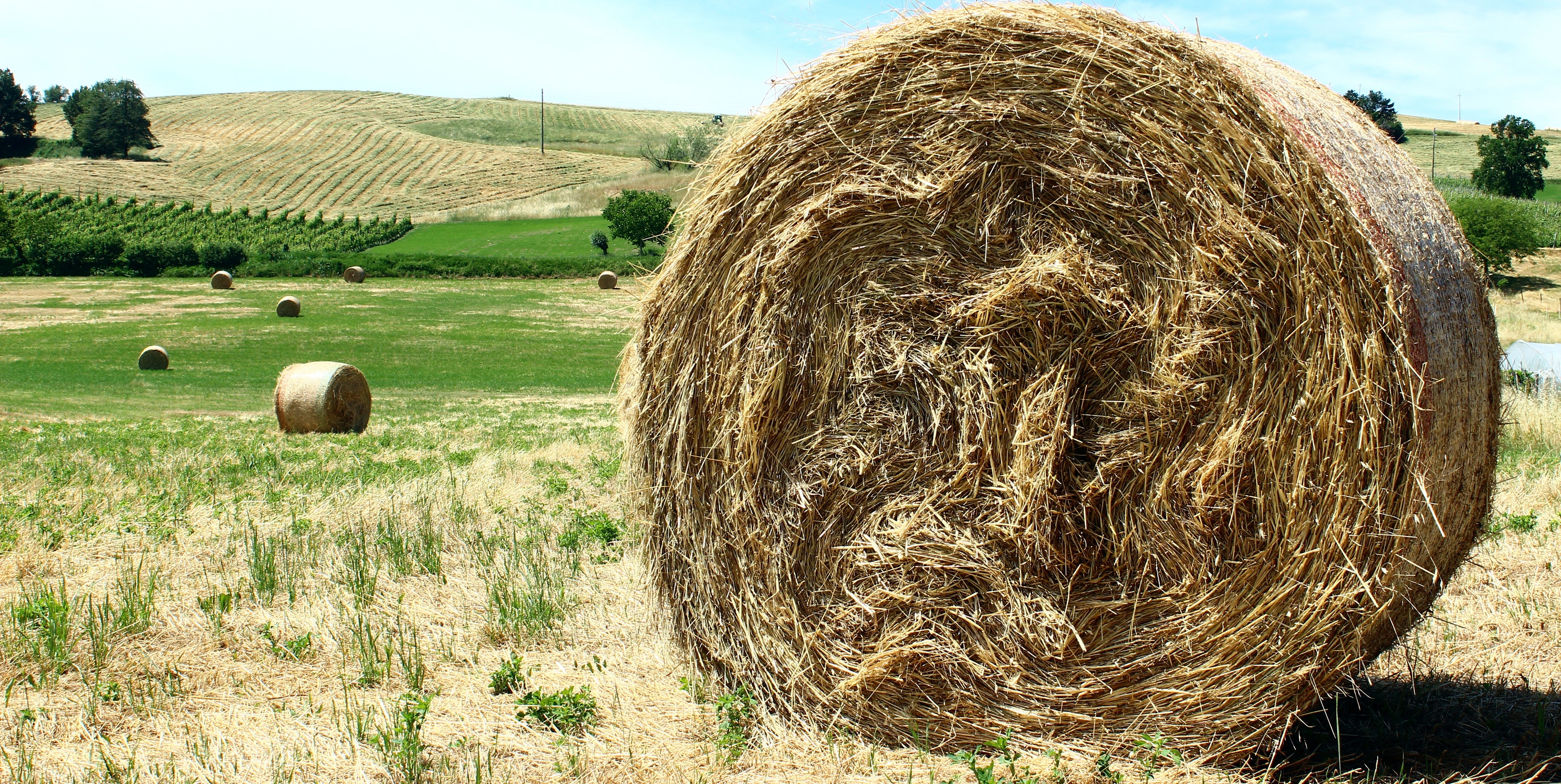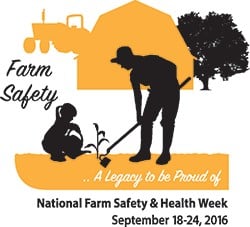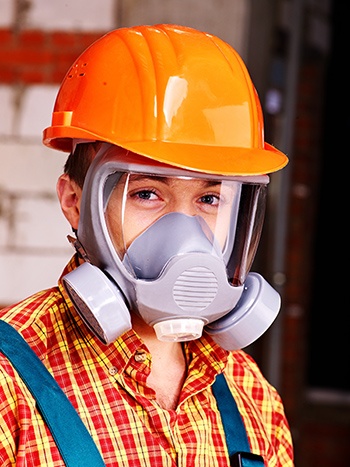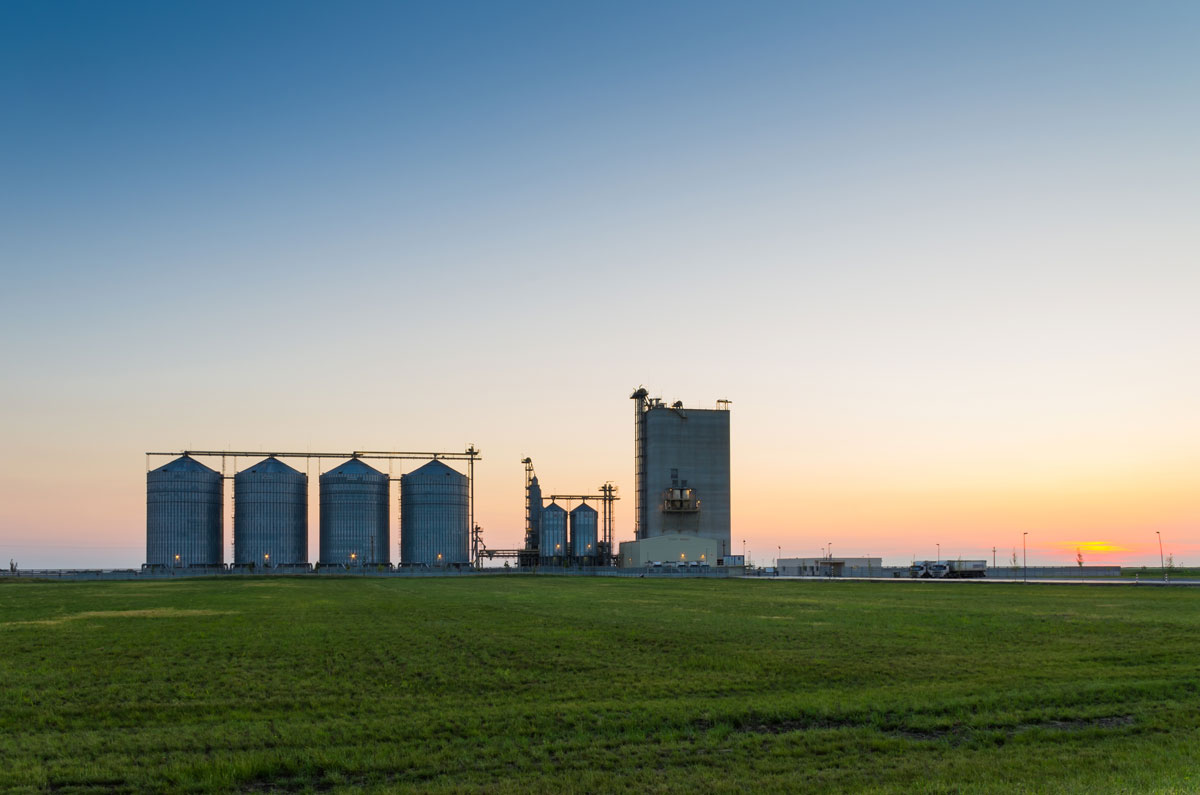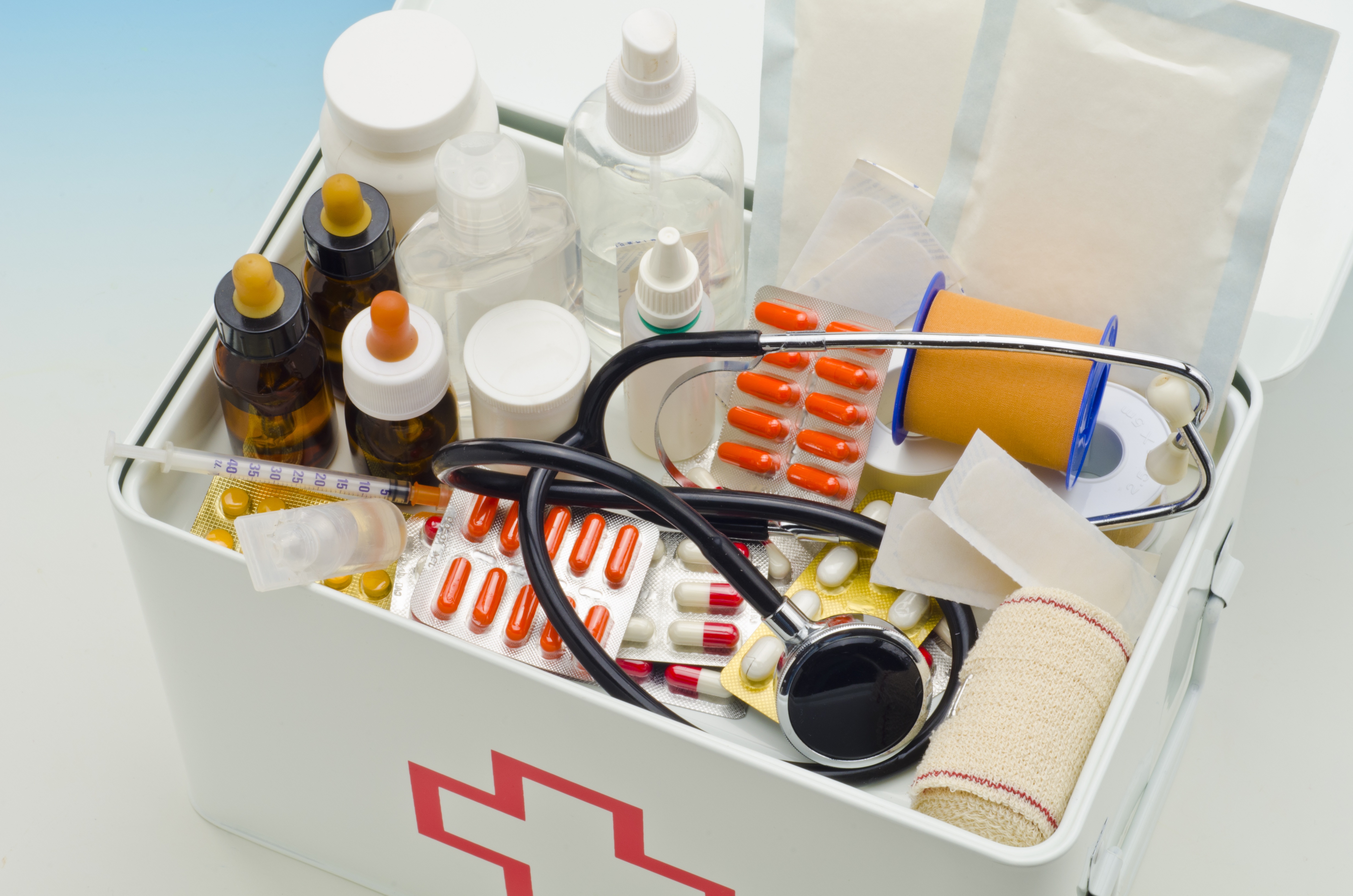Regular safety meetings play an important role in communicating your company’s safety program information. They are a vital means of providing training for your employees about their workplace hazards and expected safe work habits. Safety meetings are also a great way to provide a quick refresher of previous training and reinforce the safety culture of your operation.
Topics: safety culture, safety training program, agriculture
Thank you. It’s not hard to say, but until this time of year, many of us rarely slow down enough to think about what we’re truly thankful for in our lives. Here at Good Days Work, we have so much to be thankful for—our families, our health, the opportunities ahead—the list could go on and on. But, first and foremost, we are thankful for you, the farm families that serve our communities.
Topics: agriculture, farm
Even though we may be done with harvest, there is still the rush to get fall tillage done, equipment stored, facilities secured for winter and other outdoor activities wrapped up before the snow flies. We know that the sooner these things are done, the more comfortable we will be when the weather gets unpleasant.
Topics: agriculture, hazard communication, special cases
Personal Protective Equipment: The Most Important Tool in Your Toolbox
Generally speaking, agriculture doesn’t place enough emphasis on personal protective equipment (PPE). Failure to use PPE can have devastating consequences in both the short-term and long-term.
We’ve all been there.
- Not wearing gloves when you know flowing material has sharpened the edges of the equipment you are working on to a razor edge.
- Not wearing goggles when you know the chemical you are using could harm your eyes.
- Purchasing boots without steel toes out of concern for comfort when you know the steel toe version would better protect your feet.
- Not using ear muffs when we are running the chainsaw even though you know your ears will ring for days afterwards.
Vendors, processors, retailers, lenders and other allied industry in agriculture are requiring more and more audits of our production practices. One request that is becoming more common is verification that growers and producers of commodities are providing Safety Training to their employees. Though this is somewhat new to agriculture, these requests are accelerating. It isn’t just OSHA that is interested in validating your training practices. These entities see it as another area that they can assure their customers that the food they eat is produced in a sustainable, environmentally-friendly and employee-friendly manner.
Topics: safety training program, OSHA law & compliance, agriculture
Next week, while farmers continue or begin harvest, we pause and reflect on the importance of safety on farms and farm-related businesses. Although we believe that farm safety should be preached every single day, it’s important to help our industry advocate continually for safe agriculture practices.
Topics: agriculture, events & activities, farm
NEXT WEEK IS NATIONAL FARM SAFETY WEEK: SEPTEMBER 18TH THROUGH 24TH
Good Day’s Work is excited to celebrate National Farm Safety Week this year, and we hope that you will do what you can to join us in our mission to promote a safer environment in agriculture. Farm injuries and fatalities are preventable through education, and this awareness week serves as a good reminder to rural communities that agriculture is one of the most dangerous occupations in the U.S.
The theme “Farm Safety…A Legacy to be Proud of ” reminds local and rural communities that agriculture is one of the most dangerous occupations in the U.S. The most recent data from the U.S. Department of Labor indicates that in 2014 farming accounted for 568 fatalities, with an estimated 70,000 injuries.
Topics: agriculture, events & activities, farm
Agriculture Safety Training and Respiratory Protection Equipment.
A farm—like any other industrial workplace—has its fair share of respiratory hazards that place employees at risk. Some agriculture safety hazards, primarily when transferring or mixing chemicals, involve exposure to dangerous gases, while others, such as grain bins, feed mills, livestock areas or confined spaces with poor ventilation, represent hazards that can naturally cause serious breathing difficulties.
Topics: air/respiratory, agriculture, personal protective equipment (PPE)
Agriculture is a dangerous industry. Fortunately, there are lots of ways to make it safer. Below are a few examples of good practices that will make your operation safer.
Topics: safety culture, agriculture
One moment you are having a casual chat with a co-worker over lunch. Suddenly, she grasps her throat and begins to turn blue. What do you do?
Topics: first aid, safety training program, agriculture, farm
